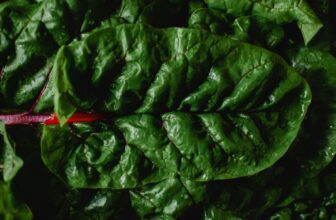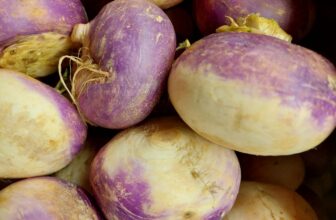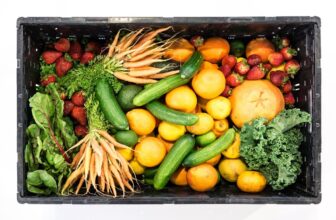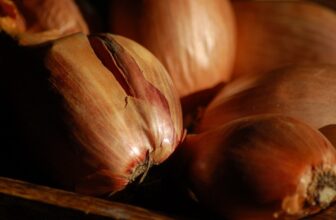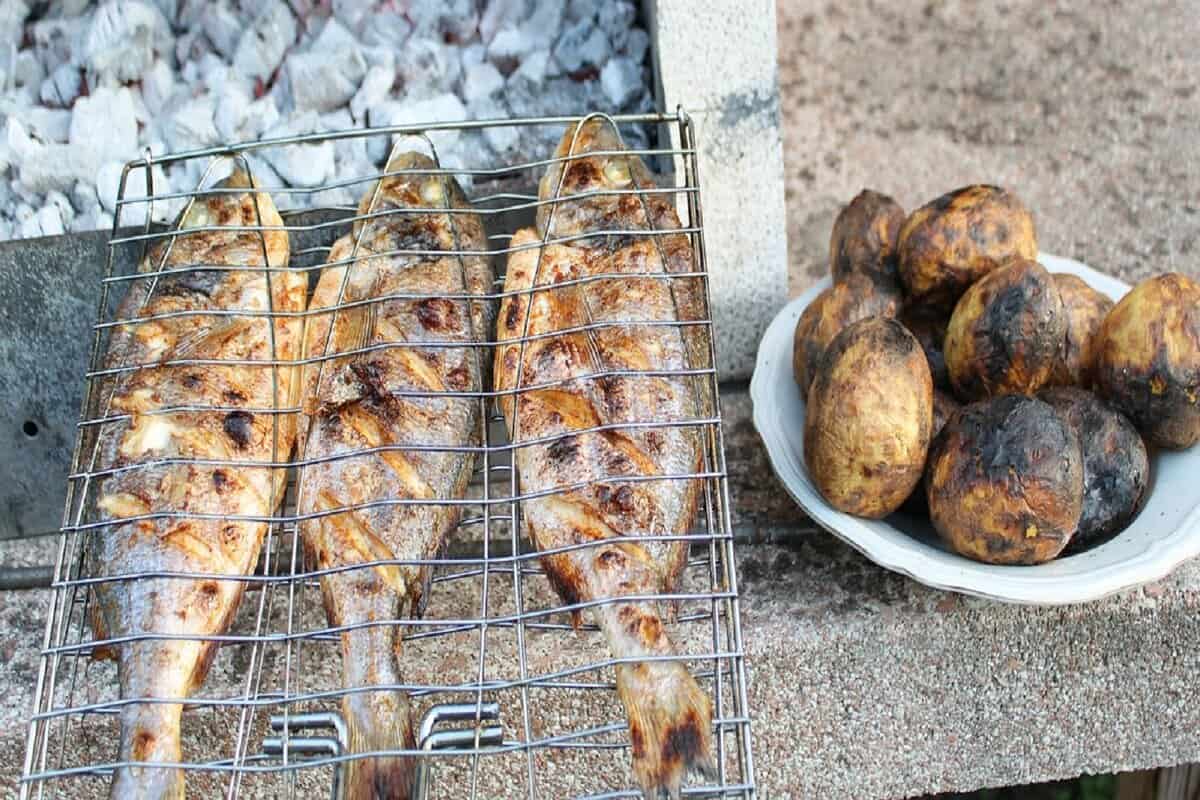
If you find yourself on a long camping trip in nature, in the conditions of autonomous existence on self-sufficiency in food, the problem of food preservation is one of the most vital. Therefore, it is important to know techniques to preserve food at least for a few days, and if possible, for longer. The best way to preserve animal food for 2-3 days, or even more, is to keep the prey alive. The method is suitable primarily for fish, provided you are living in a stationary camp.
When moving along the route and hitchhiking in interesting places along the way, this will not work. Unless you can carry your catch in a soft PVC bucket with minimal load. However, this method of preservation is suitable only for a day, hardly more.
Caught fish, critically not affected by hooks or nets, or traps, and stored in a cage. It is reasonable to prepare the catch in parts, as needed. It is wise to select gradually sleeping fish and leave the awake fish for later.
Keeping meat and fish for longer
Spoilage of protein food occurs at high air temperatures, in a favorable environment for the reproduction and vital activity of various microbes or bacteria. Accordingly, keeping meat in the cold, especially in the frozen state, is a sure way to prolong its safety and suitability.
Accordingly, a minimum of problems with the storage of prey from hunting occurs in frosty winter. You can make storage, pits, and cellars of compacted snow or ice and store food there even all winter long. The catch from winter fishing immediately freezes and can be stored for a long time at sub-zero temperatures.
In other seasons, you can extend the shelf life of meat and fish by resorting to sources of cold. There are different options. For example, you can dig a deep cellar. At a depth of more than 2-3 meters, the temperature will be lower than at the top and more constant.
You can keep food in a container in a cold stream for a while. This method will work even in the heat of summer, because in some areas streams and springs remain quite cold all year round.
If you have a thermal bag, you can use it. The soft PVC bucket- a useful thing in camping trips in general- can be a substitute for the thermo-bag.
Storage in the heat
The biggest problem with storing meat and fish is the summer heat. In such heat, the product can become spoiled in a few hours.
It is possible to prolong the preservation a little. So that the fish does not spoil quickly, against the background of hot weather and the impossibility of storing it in the cold, it is better to scale and gut it immediately. Also, remove either the whole head or only the gills, as the most vulnerable part of the head.
The same applies to meat. You have to gut it and take care to save the most valuable parts: meat and tenderloin. This way, the useful volume of what needs to be saved will be reduced, and the giblets, which begin the decomposition processes, will be separated.
The gutted fish or meat can be stored for some time in the shade, wrapped in:
– burdock leaves;
– wild grape leaves;
– vines with lemongrass leaves;
– ferns;
– nettle;
– wormwood.
A wet cloth is also a temporary measure.
It can also be covered with additional layers of pine needles. Direct contact of resinous pine needles with meat should be avoided, but the overall shelf life of your food stock, thanks to phytoncides contained in pine needles, increases.
If you have salt and/or ground pepper, you can immediately protect the fish, gutted directly at the reservoir, by rubbing it with these preservatives. In this way, the catch will last until cooking by the evening fire. And even longer, if kept in the shade, wrapped in leaves. Then the rest of the catch can be additionally salted, smoked, or wilted.
Food processing to prolong storage
Cooking by conventional methods: boiled, fried, baked – allows you to store your meat and fish for a short time, literally up to a day, and that is only if the weather is suitably cold. With the use of the previously described methods of cooling, you will still get no more than two days. Therefore, to preserve your food for a longer time, you need other methods.
The first and foremost is preserving with salt.
Salt as a preservative
Salt makes life a lot easier. That’s why it’s not a bad idea to take at least half a pack of salt when you are going to hike a difficult route, even if you are not planning to cook anything. If you are going hunting or fishing, better take a pack…
Well-salted fish and meat in the form of thin strips, being then wilted in the wind, or subjected to cold smoking for 12-20 hours, can then be preserved for up to 5-7 days even in the heat. That’s something.
Corned beef
Make small cuts of meat, 2-3 cm thick. Dust them with salt. Keep them 1-2 days at normal temperature in the shade, regularly shifting pieces. In particularly fierce heat, store them in a cool place. After that, put the meat with brine (its juice) in jars or dense bags, sealed hermetically. Then, place them in the cellar, a deep hole, or another cool place (with a temperature preferably not higher than 4-5 degrees Celsius). Wait for a minimum of 3 weeks. Then you can gradually take it out, soak it in water to get rid of excess salt, and cook soups, sauces, and other dishes.
There are variants of fast salting for 3-4 days. But such corned beef will not be stored for months, and the meat itself will not be so safe. However, in extreme conditions, you can use such a fast version.
Seawater is a treasure trove of salt suitable for food processing
If you do not have salt, but the sea is near, sea salt is an option. Obtain salt from the sea or other bodies of salt water. However, the process of evaporating the water on fire and obtaining the coveted salt crystals is very long.
We’ve covered the basics of preserving meat and fish on long crossings. We hope our tips will help you cook your favorite meals away from home and stay healthy. Stay safe!

